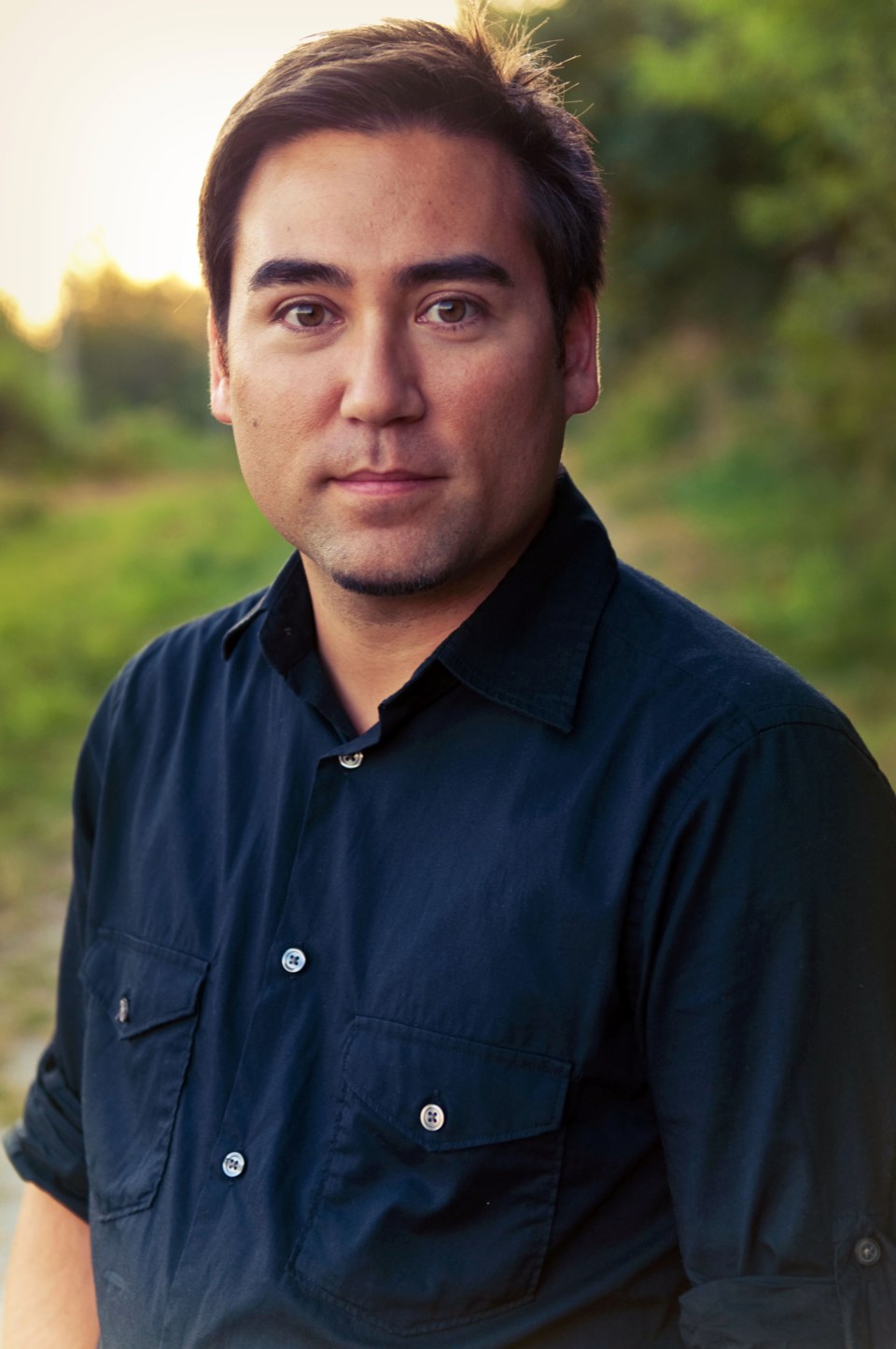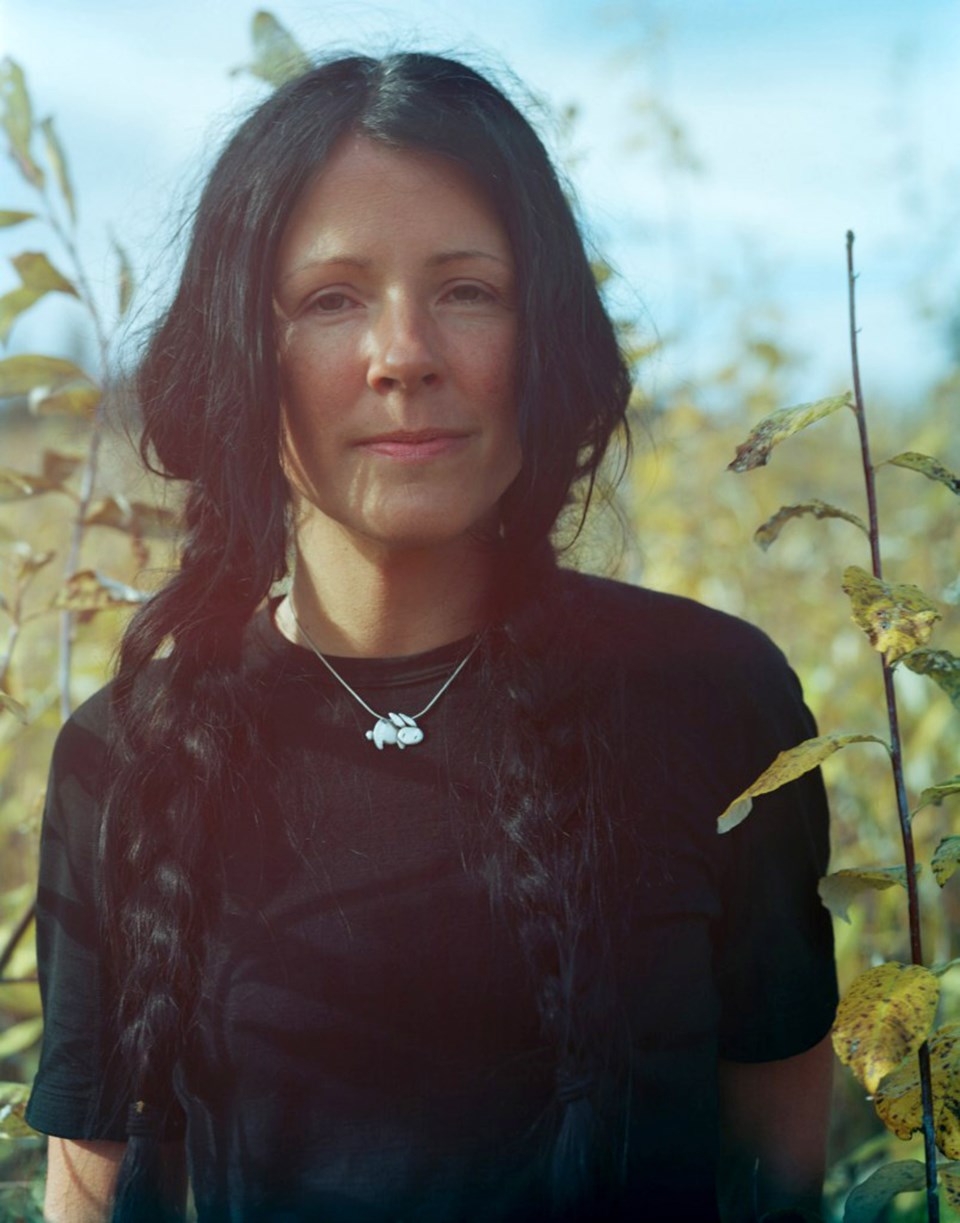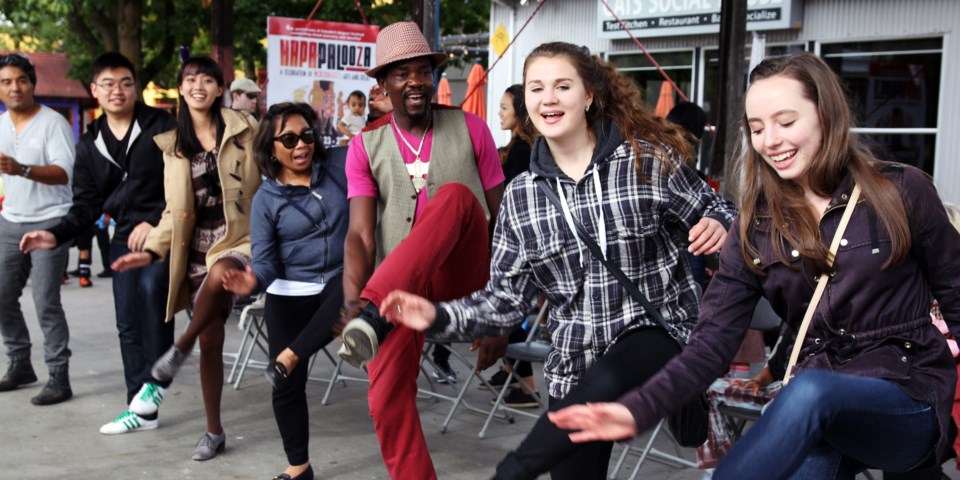âHalfersâ are one of the fastest growing population groups and their experiences are informing a fresh wave of creativity, says Jeff Chiba Stearns, co-founder of the Hapa-palooza festival.
Now in its seventh year, the annual festival celebrating people of mixed backgrounds will hit Â鶹´«Ã½Ó³»this weekend, providing space for celebration as well as discussion on the nuances of hybrid identity.
âDon't think of us as a special little subset of the Canadian community or demographic, but we're actually growing â we're one of the fastest growing demographics,â Chiba Stearns says.
The word âhapaâ is a Hawaiian term, used to describe people with a mixed race identity, and people outside of Hawaiian culture have latched onto it, says Chiba Stearns.

âWhen I found out about the word hapa, it just kind of sparked something in me,â he says.
Half Japanese, and part English, Scottish, Russian and German, Chiba Stearns knows first-hand what itâs like to be mixed race. Hapa-palooza is the kind of festival he wishes he had had as a kid.
This weekendâs festival features performances by singer-songwriter and self-described âoutsider artistâ Ìýon Saturday at Granville Island. On Sunday, Hapa-palooza will team up with Word Â鶹´«Ã½Ó³»literary festival to present panels and workshops on mixed-race voices.
Within current racial tensions in both the U.S. and Canada, Chiba Stearns says artists and writers of mixed race can help increase cross-cultural understanding.
âWhen we look at the idea of what multiculturalism has become in Canada, really it kind of comes down to the idea that we are just mixing and blending, and our cultures are starting to kind of blend together,â he says. This is âcreating a very interesting fabric in creativity, you're finding a lot of artists are weaving this into their work...it's a way to combat the idea of 'what is purity?'â
Carleigh Baker, a Métis/Icelandic writer will be presenting on a panel at the Hapa-palooza and Ìýfestival. Her presentation will focus on the responsibility she holds as someone who has come into her Indigenous identity later in life.

As a mixed-blood writer, Baker says she straddles two worlds, and is committed to helping emerging writers of mixed background understand their role, as well as to help non-Indigenous folks understand topics such as cultural appropriation.
âI'm what some people would call white passing...that is something I need to consider when I'm writing. But also it's something I can help educate others on right now. Issues of representation â that's my job, to help bridge the gap,â she says.
Her journey to discover her roots â her father is Cree Métis and her mother is Icelandic â has influenced her creative writing. In her new book of short stories, , âMoosehide,â features two Métis characters who go on a canoe trip in the Yukonâs Peel Watershed to try to connect with their lineage.
âThey desire this connection to nature, to the land, butâ¦as privileged members of society they can sort of parachute in and leave whenever they want,â she says.
Baker doesnât consider herself a representative of the Métis community, and is committed to only speaking from her own experience. Although âMoosehideâ is fictional, Baker says itâs informed by her own experiences of reconnecting with her Métis roots.
âThose are the stories that I have to tell, it's not always through direct essay writing, through direct politics, fiction has a great ability to educate through this kind of sideways approach.â
The Hapa-palooza festival takes place on Sept. 22-24, at a variety of locations and various times. , but registration is required for the Sept. 22 .
Carleigh Baker will speak at Word Vancouverâs Ìýon Sept. 24, at 11:00 a.m., atPerspective Point (Peter Kaye Room), Â鶹´«Ã½Ó³»Public Library, Central Branch (350 W. Georgia St., Vancouver). Free.


